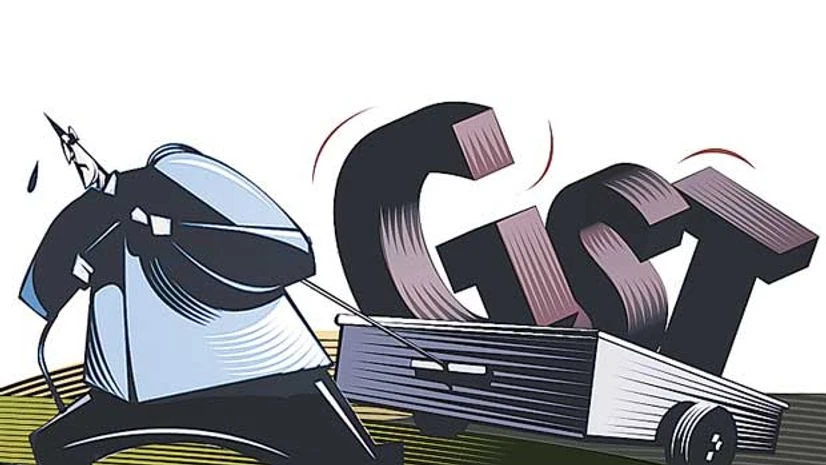Corporate India will go all out to allay the fear of states that a standard goods and services (GST) rate of 18 per cent will have an adverse impact on states’ revenues. India Inc also wants all states to migrate to the GST framework at the same time. Companies are worried that any staggered roll-out of GST could result in cash flow issues with businesses not able claim tax credit due to breakage in the chain. Industry leaders also want closer engagement between businesses and the states in arriving at the GST rates under different slabs. These are some of the key concerns business leaders are expected to raise when the empowered committee of state finance ministers on goods and services tax meets corporate representatives on August 30 in the capital. This will be the first such meeting between industry and the committee after the passage of the Constitution (One hundred and twenty second Amendment) Bill by Parliament.
| POINTS OF CONCERN |
|
“Any rate higher than 18 per cent may have an adverse impact on business buoyancy,” said a representative from one of the industry chambers. Among those invited to meet the members of the committee are representatives from the Confederation of Indian Industry, Ficci, Assocham, Nasscom, Federation of Indian Export Organisation and Federation of Indian Micro and Small & Medium Enterprises. Industry players feel any shortfall in states’ revenues could be made up by taxing of services and the promised compensation from the Centre.
Also Read
Experts point out that an increase in service tax rates, higher tax on stock transfers, credits in tax paid inventory during GST transition, and existing incentives moving to a potential refund model are likely to raise the demand for more working capital, leading to cash flow issues.
According to the indirect tax head of an Indian multinational manufacturing company, the group is likely to see substantial increase in cash flow outgo with the rollout of GST. “However, it is too early to foresee how much the additional requirement would be.

)
